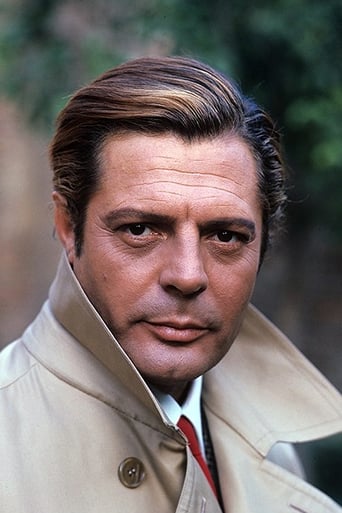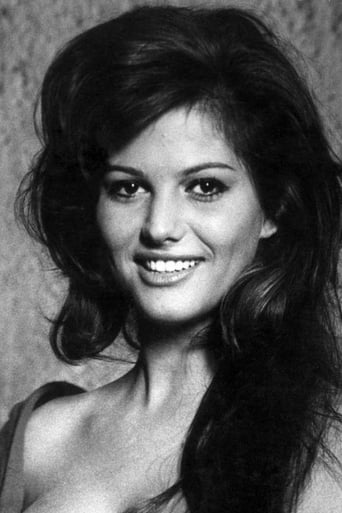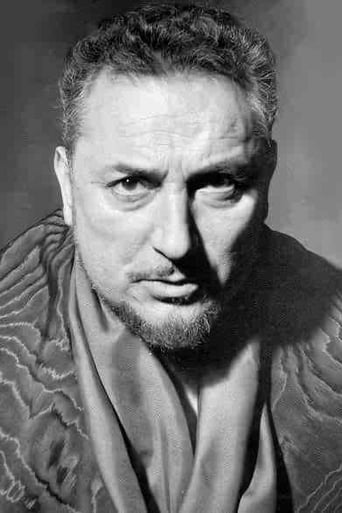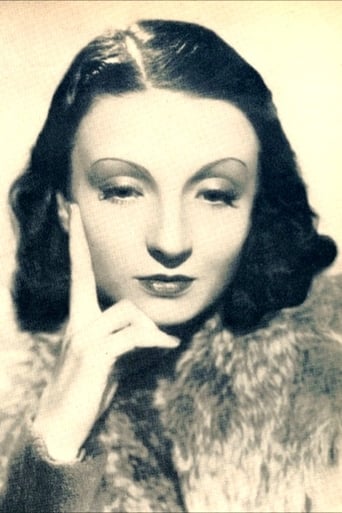lreynaert
Vitaliano Brancati's masterpiece, 'Beautiful Antonio', is a persiflage of the Italian society in the first half of the 20th century with its family honor, macho culture, mixture of fortune / marriage / brothel affairs, the omnipresent influence of the Catholic Church and its political arm (fascism). For L. Sciascia, the book depicts the 'misfortune of living under a despotism' ('To sleep only with one eye' - Introduction to the Complete Works of V. Brancati). The scriptwriters of the movie (M. Bolognini, P. Pasolini, G. Visentini) betrayed the meaning of Brancati's book. They wanted to show that not the Italian society as a whole is sterile and hypocritical, but only its bourgeoisie. Only the working class (the proletariat), in the person of a maid, can ensure the future of the country. The movie doesn't have the same high standard of the book. V. Brancati's text is much more explicit in describing the political, social and religious context as well as the sexual affairs. The supporting characters are much more developed. The tirades, especially those by the father, are much more outspoken and incisive. In contrast, the movie is too meek and too linear, while the actors, Marcelo Mastroianni and Claudia Cardinale, only shine through their photogenic appeal.
Asa_Nisi_Masa2
You realise that millennia of civilisation have been quite useless if the functioning of a whole community ultimately depends on whether a man can have an erection or not! The subject of Mauro Bolognini's movie Il Bell'Antonio – male impotence – would be audacious in 2006, let alone in 1960. Yet here, it's treated with unflinching honesty, one that surprised me for 1960. No euphemisms, no sensationalism, no malicious elbow-nudging, nor sentimental melodrama, but a heart-on-the-sleeve openness which also allows its long-suffering hero to maintain his dignity through a fierce portrait of a ruthlessly paternalistic society. This is all done without the aid of a single sex-scene, which IMO would have been redundant.The movie shows us upper-class Sicily in the late 1950s (though actually, it's based upon a novel set in the 1930s – Fascist-era Italy). This is a society in which appearing is the essence of being and the accepted norm are arranged marriages between the children of the richest families, celebrated by the entire town in the same way as Prince Charles and Diana Spencer's was back in the early 80s. As is the case with the best classic Italian movies, Il Bell'Antonio couples bitterness/fierce social satire with comedy/humour seamlessly. Superb leads in the form of the timeless Marcello Mastroianni and the divine Claudia Cardinale, impeccably playing an unpleasant character for once, give the movie extra depth, beauty and soulfulness. Claudia is Barbara Puglisi, the "golden girl" that Antonio is expected to marry, the daughter of one of the richest families on the island and a virginal social-climber of the most conventional, blinkered, obtusely stubborn kind. The even greater tragedy is that despite their marriage having been arranged by their families, Antonio really falls for her very badly.Marcello Mastroianni, who neither as an actor nor as a man remotely deserved to be considered the typical "Latin lover" type that Hollywood producers wished to market him as, plays the titular lead, the "beautiful" Antonio Magnano. On the verge of 30, in his prime as far as looks, health and opportunities are concerned, Antonio has just returned to his native Sicilian city of Catania after having lived in Rome for three years. We very quickly gather that Antonio is from an upper class Sicilian family, is the apple of his father and mother's eye, and something of a superstar in the whole of Catania, where his family is well-known and respected. He is adored by women, who believe him to be an irresistible seducer, a Casanova with hundreds of notches on his bed-post. He is also courted by important men, all dying to act as his patrons in some prestigious profession or the other. Women's heads make 90-degree turns when he walks into a room, and older ladies gasp in wonder at his handsomeness from their balconies when he walks past them, fantasising that he may become their son-in-law. Antonio's father is played by Pierre Brasseur, who receives much praise in reviews of the movie. In my opinion, he is actually the least credibly cast actor in this movie, losing out to Rina Morelli who plays his wife, Antonio's mother (she really comes into her own in a memorable "showdown" scene between herself and Claudia Cardinale in a church, and in the second half of the movie generally). On the other hand, so many of Brasseur's expressions and mannerism betray a blatant Frenchness, rather than a credible Italianness, or even better, a Sicilianness.Mr Magnano Senior swells with pride at the very thought of his son's alleged sexual prowess and reputation. He pretty much bases much of the reasons for boosting his family's public image precisely on Antonio being able to continue the virile oeuvre started by himself, in his youthful days, all over Sicily! With such a premise, you just know that the movie's dramatic climax is going to be the ruinous fall from glory experienced by the poor Antonio, who seemingly carries the weight of the whole of Sicily's expectations on his all too human shoulders right from the start! It's as if this poor man were expected to lift the whole island up with his erection. You don't expect the extent of the tyranny of such a patriarchal society on its male children. The story of the dishonoured girl cast out of her society certainly finds a male equivalent in Il Bell'Antonio.Also worthy of note is the Cuban actor Tomas Milian playing Edoardo, Antonio's cousin, the only sane, rational and detached voice among a chorus of shrill scandal-mongers. It's thanks to this character that we get to hear Antonio finally speak at the end of the movie, telling us his first-hand experience as an impotent Sicilian man catastrophically fallen from glory. I do wonder if before or since this movie, such an honest and charitable, as well as credible psychological study of male sexual problems has ever been filmed - perhaps in part only in Sex, Lies and Videotape. The conclusion of Antonio's story exemplifies the bitterest and most satirical form of so-called "happy ending" – if the movie weren't already so good overall, the ending would be worth the watch alone! For any fan of classic Italian cinema, this will be a rare treat indeed. If you love Mastroianni, you simply cannot afford to miss this. And for any fan of cinema generally… ditto.The literary source the movie is based upon, the Sicilian writer Vitaliano Brancati's novel of the same title, furthermore lends itself perfectly to this dual mood of fierce social satire and classic Italian comedy. Few men of letters have pinpointed the true natural of latter-day Southern Italian machismo as well as Brancati. Cliché-free, with such an eye for the absurd, the comical, the down-right frightening and angering, I highly recommend not only Il Bell'Antonio, but also all of Vitaliano's major novels: it wasn't just Giuseppe Tomasi di Lampedusa and his novel The Leopard who evocatively captured a long-gone Sicily in the written form.





